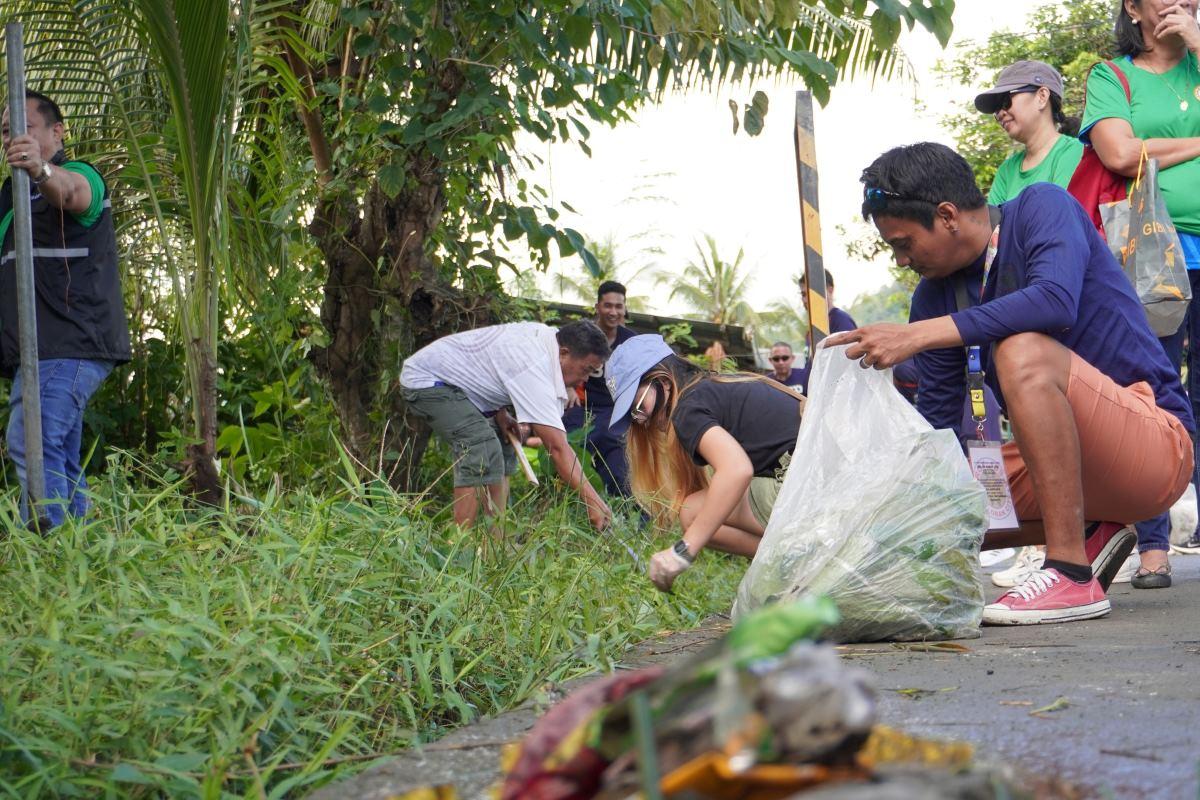DILG: 25,000 community gardens built under Kalinisan Day campaign

Twenty-five thousand barangays all over the country now have their own community gardens that would help address food security and global warming, the Department of the Interior and Local Government (DILG) said over the weekend.
According to the Presidential Communications Office (PCO), DILG Undersecretary Chito Valmocina attributed this to the “Kalinisan Day” campaign of the Marcos administration which was launched on January 6 through Memorandum Circular 41.
Under this project, barangays were instructed to provide seedlings to their constituents to allow them to plant community gardens with as much as 18 vegetables– a nod to the traditional song “Bahay Kubo.”
The project is funded by the barangays, and not the national government.
Valmocina said that the urban farming of fruits and vegetables will help address issues on food security, poverty and global warming.
“Kasi po ang kadugtong nitong paglilinis ay iyong pagtatanim ng mga gulay. [A]t iyong pagtatanim ay napakalawak po ang maso-solve na problema niyan– iyong kalinisan, kagutuman, kahirapan, kalusugan, kalikasan, climate change at saka global warming,” he said.
(Farming is connected with cleaning. Farming could help solve problems on hunger, poverty, health, climate change and global warming.)
The DILG official also noted 42,000 barangays in 82 provinces participated in the community cleanup drive which included the community gardens and fisheries.
Valmocina particularly lauded the Quezon City local government for having 1,200 sites for vegetables, encouraging other communities to follow suit as planting crops is economical and promotes a healthier lifestyle.
“Lahat po ng sektor ay talagang ini-encourage dito kasi ang unang makikinabang dito ay senior citizen, mga kabataan. Kasi ang daming malnourished sa atin, bihira na iyong kumakain ng gulay,” he said.
(All sectors are encouraged to participate because the first to benefit from this project are the senior citizens and the youth. There are many people who are malnourished and rarely eat vegetables.)
Under the Kalikasan program, the Marcos administration aims “to raise awareness and encourage participation among Filipino citizens on environmental responsibility through proper solid waste management.”
The program also seeks “to encourage local government units to invest in programs, projects and activities on solid waste management and ecological practices,” as well as “set up a recognition system for the cleanest local government units.”—RF, GMA Integrated News





